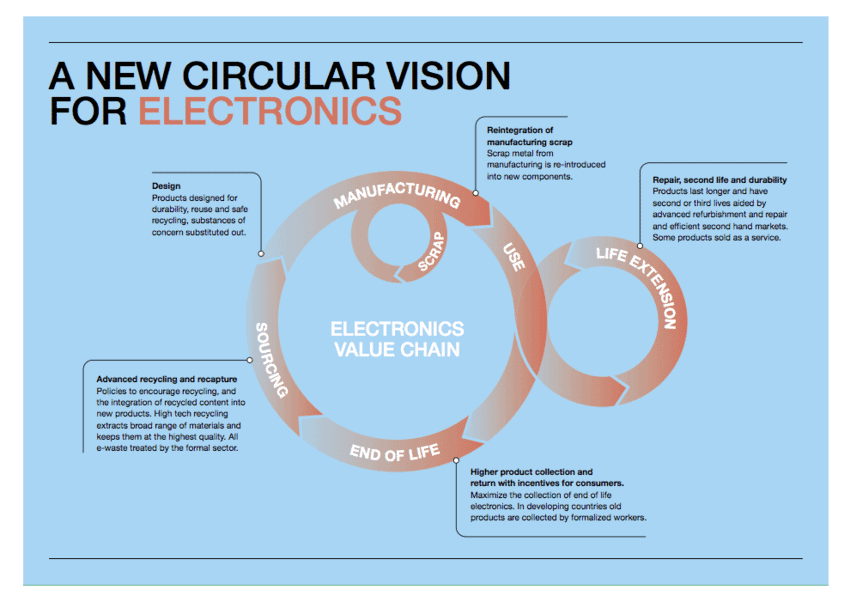As we navigate our new COVID-19 pandemic world, no one would argue that these are strange times and that a new way of doing business is necessary. As it turns out, examining and implementing “new normals” as they apply to e-waste recycling has been swirling around the globe long before the coronavirus made itself known.
A Tsunami of E-Waste
We know that the ongoing purchase of electronic devices contributes to what the United Nations (UN) now refers to as the “tsunami of e-waste.” In 2018 alone, 50 million tons of e-waste ended up in landfills–more than the entire combined weight of every airplane ever manufactured. Interestingly, while we acknowledge the problem, there is also good news in that cloud-based computing is at least in part, a solution as well. That trend is certainly popular and easy to embrace.
At Data Recycling of New England, we’re committed to doing our part to mitigate the problem. We re-use and resell discarded items that are collected at residences and businesses whenever possible. We also work to re-use and recover the minerals and precious metals within, which–in addition to being a waste of valuable resources–are often considered hazardous waste for landfills when they are not properly recycled. Being mindful of using the best possible strategy for each item is inherent to our mission and our operation.
What Is A Circular Vision of E-Waste?
Meanwhile, on a much larger scale, global forward-thinking organizations are focused on the incredible opportunities a “circular vision” of e-waste creates. By definition, a circular electronics system is one in which resources are not extracted, used, and wasted, but are re-used in countless ways, creating sustainable jobs and retaining more value in the industry. The benefits are innumerable. While awareness of these concepts and ideas are increasing the acceptance and adoption rates remain unknowns.
However, it’s possible that the consequences of lockdown, a different way of living and self-preservation, may favor proper electronics recycling.
Photo Credit – World Economic Forum
According to data from the Global e-waste report, “If we look at the material value of our spent devices, globally this amounts to $62.5 billion, three times more than the annual output of the world’s silver mines.” Going forward, a far better consideration might be to produce less carbon dioxide, knowing at the same time, so much gold is required to produce cell phones relative how much comes from gold ore that’s mined. Pandemic or not, this is not prudent in terms of energy spent relative to the result and the impact on our environment.
As the cost of electronic and mobile devices decreases, even pre-COVID-19, demand continues to rise, further increasing the amount of resulting e-waste in this sector alone.
80/20 Rule Applies to E-waste Recycling
The familiar 80/20 rule currently applies to e-waste recycling, where 80% of the global e-waste is improperly recycled–either burned or dumped–and only 20% is formally recycled. In the poorest countries where incineration prevails, there are endless stories of health hazards and pollution.
This may prove to be an encouraging time to embrace a new strategy and thinking, where more consumers just might be receptive to re-using and properly recycling devices, saving the expense as well as the impact of an unnecessary purchase. Similarly, it applies to manufacturers, who already refer to the “de-materializing” of electronics; that is, they provide devices as a service, similar to the Software as a Service model, reducing the headaches and the cost to the consumer. Logically, the manufacturer would have a vested interest in maximizing the productivity and lifespan of each device. In the same way, cloud computing, using the internet to manage, store, and process data rather than each local computer, offers potential value as a substitute for device creation.
How to best extend the value of consumer and industrial e-waste we collect is our business. This just might be the ideal time to consider the value of proper e-waste recycling.
For more information on our policies visit http://datarecyclingne.com/environmental-policy/.


Leave A Comment